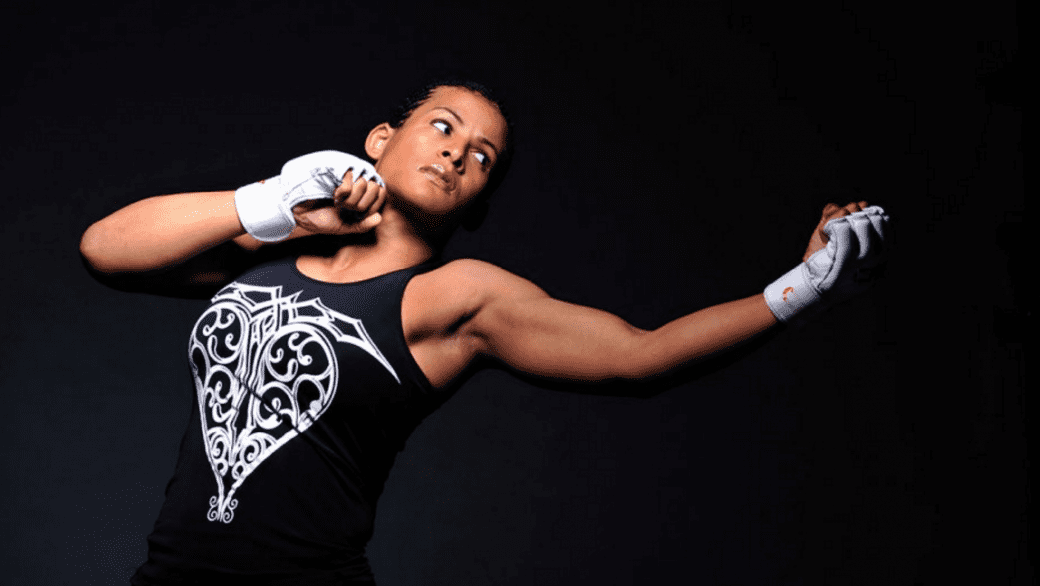(The following story was first published in Vancouver in August 2015.)
When Michiel Thomas began working on the documentary that would become Game Face, he was taking a huge risk. The two people around whom the doc centres were not certain at the start that they would come out — or be outed — and that put the entire effort in jeopardy.
Thomas, who moved to California from Belgium seven years ago, wanted to do a film about the coming out experience of athletes.
“I’m a big basketball fan and sports fan myself and I was part of a professional basketball team back in Belgium for a couple of years,” he says. “I’m gay myself and those are two worlds that, when I was playing at that level, they were impossible to combine, to coexist with each other.”
When he came to the United States, he started to explore more about himself and about the world’s attitudes to sexual difference.
“It’s here that I realized that both worlds can coexist,” he says. “When I came out, I had a very good experience. But I noticed people around me and athletes did not. There’s still so many misunderstandings, stereotypes and problems around LGBT athletes in sports.”
The gripping documentary follows a college basketball player, Terrence Clemens, as he navigates his sexual orientation in an atmosphere of predictable late-teen hyper-masculinity, and mixed martial arts fighter Fallon Fox, as she waits for the inevitable shoe to drop when the boisterous MMA fans find out she’s transgender.
A few years ago, perhaps, a “coming out” story of a gay man and a trans woman might have been treated in two separate films, but Thomas says times change and also the stories, while unique, have parallels.
“While making the film, I had a lot of people telling me, questioning the approach of having those two storylines fitting together,” he says. “But I’ve always been very confident that it would work out. There is not a certain blueprint of how to come out, whether we’re gay, lesbian, bi, trans — everybody has a unique road to coming out. Even if you take it further, even if you have to deal with any form of discrimination, whether it’s race, gender or sexual orientation, every road is different. There’s a lot of similarities too. By showing these two stories, these two completely different stories, but showing them in a way that they also have a lot in common, that was very important to me.”
From a practical standpoint, Thomas’s challenges were significant.
“When we started, we did not know how this was going to end,” he says.
A lot of footage ended up on the figurative cutting room floor, because the stories bobbed and weaved and the filmmaker didn’t know, while it was being filmed, which direction things might go. In Clemens’s case in particular, before leaving for college on a basketball scholarship, he told the camera he wasn’t sure he would open up about his sexuality at school and to his teammates.
“He may have been not ready to come out yet,” Thomas acknowledges. “I took a risk but I’m happy that he eventually did come out.”
Likewise, when Fox is effectively outed — she was never really in, but the public hadn’t caught on — the film takes some stunning turns.
In a sport known for snarly fans — and the ones cheering Fox’s opponents do not disappoint — Fox shows extraordinary strength of character and grace.
Even then, when Thomas thought he had the final scene written, another turn shakes up his best laid plans. But he is philosophical.
“Everything that happened, happened for a reason,” he says.
When Thomas began the project, some pro sports figures had already come out, but most of them after their careers were over. This was before active athletes like soccer player Robbie Rogers, football player Michael Sam and basketballer Jason Collins had come out.
“I thought it was very important to create understanding of what they actually go through by capturing that whole coming out process,” says Thomas, who believes there remains a long way to go for out athletes in pro or college sports. But he’s optimistic. Telling the personal stories of the people involved is part of advancing acceptance, he says.
“One of the best compliments I’ve gotten [was] from a journalist [who] said, at the beginning of the film, you look at them as the gay basketball player and the trans MMA fighter. Towards the end of the film you’re just rooting for the MMA fighter and the basketball player. That to me was a huge compliment and that was my goal. These are just athletes with the same goal — they want to win. They have a life outside of their sport and they’re just human like you and I.”
(Game Face as part of the Toronto Black Film Festival
Friday, Feb 12, 2016
Carlton Cinema, 20 Carlton St, Toronto
torontoblackfilm.com)
(Main story image by Rolando De La Fuente)

 Why you can trust Xtra
Why you can trust Xtra


